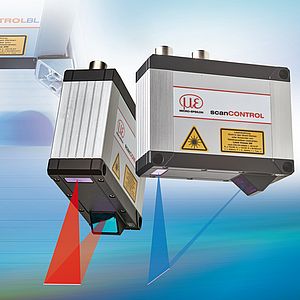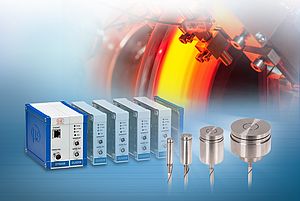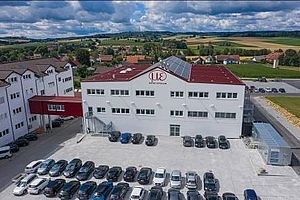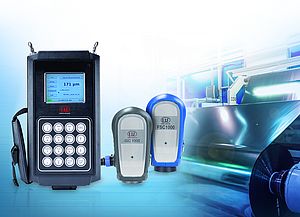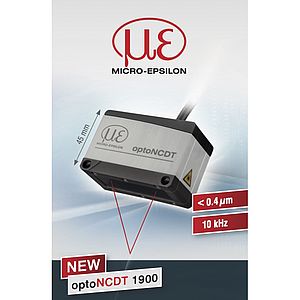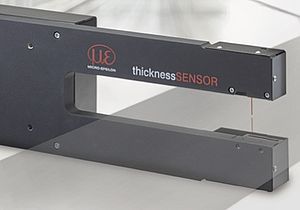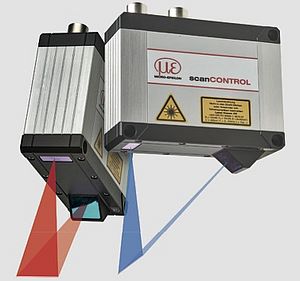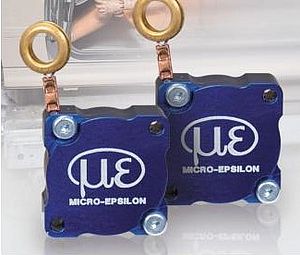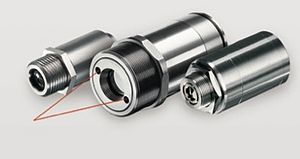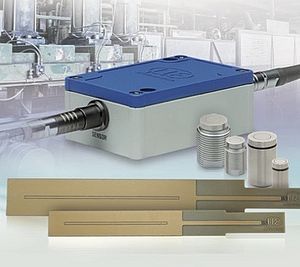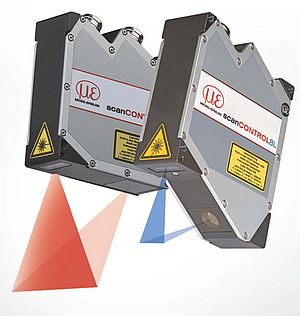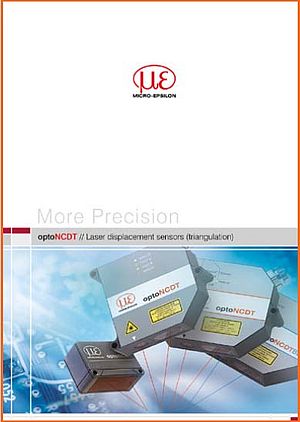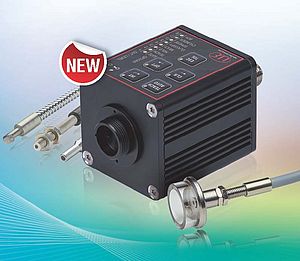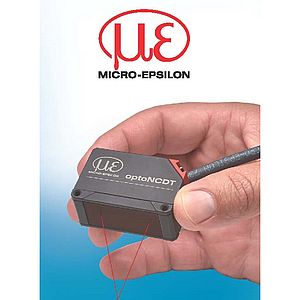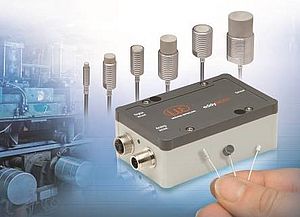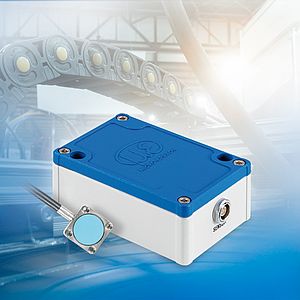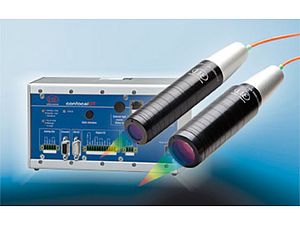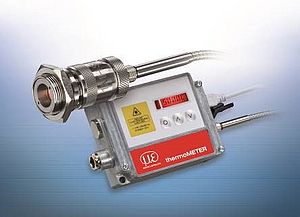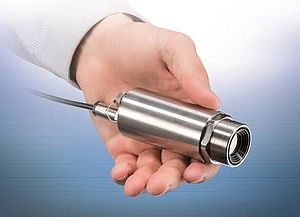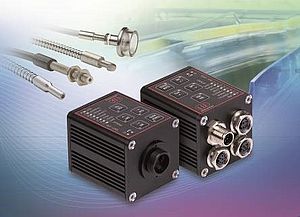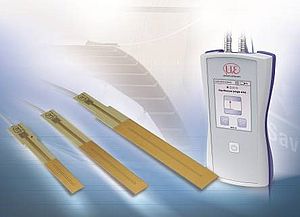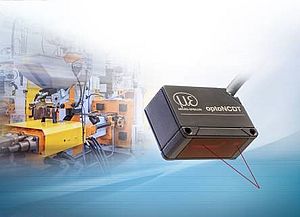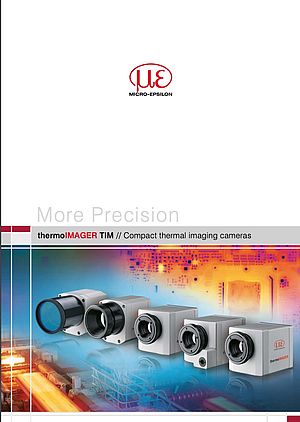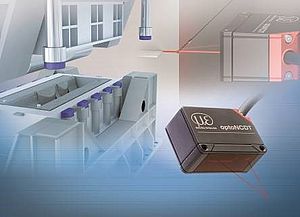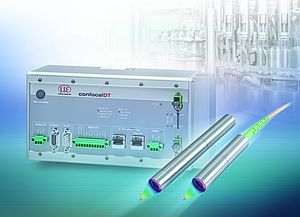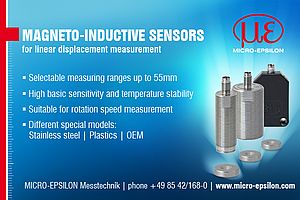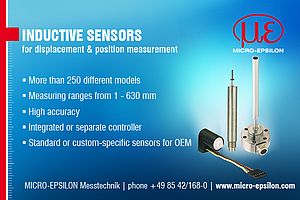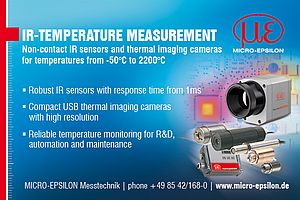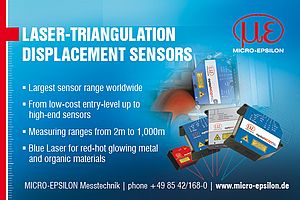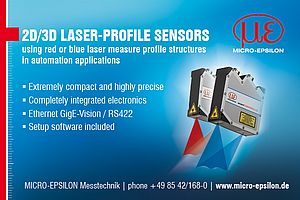Mr. Salzberger, in 2008 Micro-Epsilon celebrated its 40th anniversary. Franz Frischen started the enterprise in Hanover as a supplier of high-temperature strain gages and sensors for mechanical measurement. Could you please name some further milestones in the company's history?
Salzberger: In 1975 we moved from Hanover to Lower Bavaria. Subsequently the company shifted its entrepreneurial focus to industrial sensors for geometrical measurement. The crucial step was establishing our own R & D department, production, and, as a consequence, our own product range.
Another milestone was the development of Micro-Epsilon from an individual enterprise to a group of companies. Parallel to that was the set-up of powerful production facilities, as well as entering the market as an OEM supplier for medium and large quantities.
Systems selling was a further important step in the development of our company. Since the late 90s, we have been offering complete measurement solutions that include our high precision sensors. Within the systems selling business, our core competence - which is mechatronics - can flourish best. A big advantage for us is the fact that, within the Micro-Epsilon group, we incorporate the 3 core competence elements: sensor systems including electronics, mechanics and computer sciences.
IEN: In your company's annals, you name several orders as milestones for Micro-Epsilon. This suggests that your customers have a good share in the development of your products.
Salzberger: As a medium-sized company, we are able to meet customer demands very flexibly, and we are using this strength quite deliberately. With our longtime and profound know-how in the area of displacement sensors, we constantly enlarge our standard product portfolio by application- and industry-specific solutions. Those solutions are based on a wide rage of physical measuring principles.
IEN: In the mid 80s, you shifted the primary use of your products from R & D to industrial applications. What are your focus industries ?
Salzberger: The machine building industry is our most important market, closely followed by the automotive industry and its suppliers. Our products are also widely applied by the system suppliers and integrators for the manufacturing automation industry. With our high-resolution sensors we also have significant shares among the suppliers of the semiconductor industry. Generally speaking, displacement sensors have a wide range of application.
IEN: Micro-Epsilon has always been a trend setter in its area. In 1984, for instance, you were the first to introduce a digital measuring system to the market. What are the main trends in the near future?
Salzberger: Digital technology will surely replace most of the analogous measuring systems, and thus further sophisticate sensors. Another trend will be miniaturization, as well as integrating electronics into the sensors. Non-contact sensors will work even faster with higher precision and resolution. Generally speaking, research and development of new measuring procedures will generate new products, especially sensors for high- quantity serial applications.
IEN: Over the years, Micro-Epsilon has broadened its areas of activity, among other things by acquiring shares of other companies. You and your business partners offer products for temperature and color measurement, surface inspection, or endoscopy. Do you plan any other expansion in the near future?
Salzberger: Initially we will strengthen our existing areas of activity, and also develop system solutions for specific industry branches. Like in the past, this will be done by re-investing our profits in such developments. Nonetheless, we will not cease to react to demands of the market fast and flexibly.
IEN: Mr. Salzberger, thank you for the interview.
Facts & Figures
Founded: 1968
Employees: about 500
Turnover 2007: 50 million Euro
Headquarters: Ortenburg, Germany
Subsidiaries in the USA, England, France, Switzerland, Austria, Czech Reoublic, Slovakia and China
Main product lines: sensors and measuring systems for geometrical values and temperature










